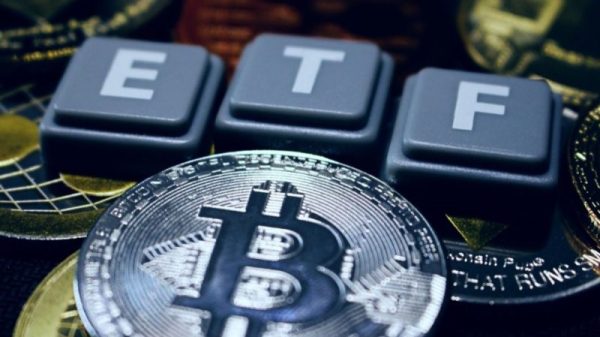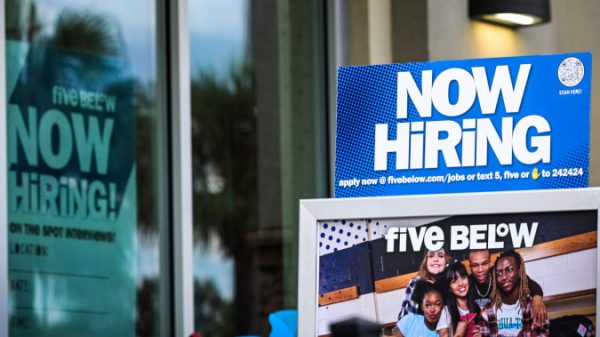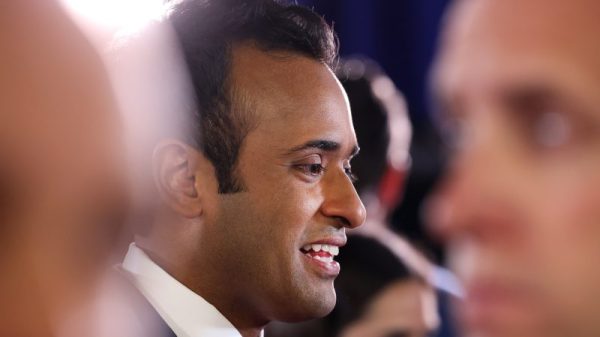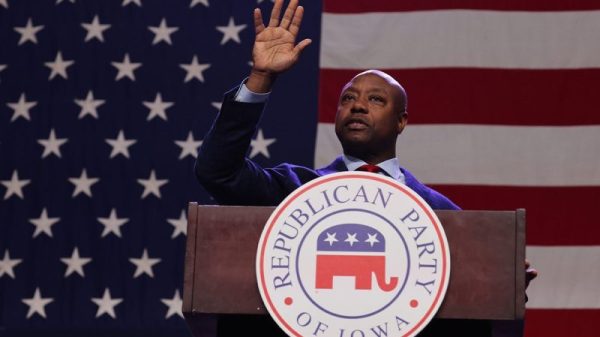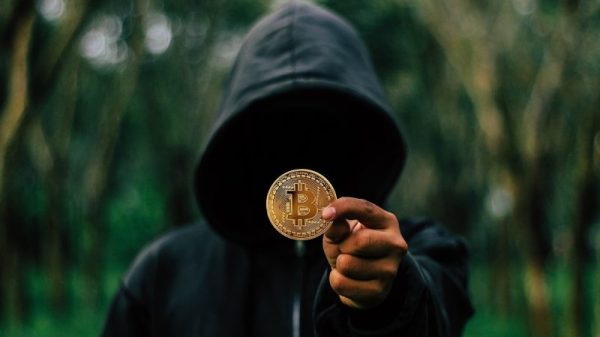Pundits have both praised and vilified Biden’s recent veto of House Joint Resolution 30, which dealt with environmental, social, and governance (ESG) issues in investing. In doing so, Biden diluted shareholder rights, shifting fiduciaries’ focus from protecting shareholders toward social causes. In this article, I avoid taking a position on the bill or on any particular social issue. Instead, I focus on two potential problems with one popular reason for adopting an ESG stance: deriving satisfaction from having a heightened sense of morality and justice.
To be sure, supporters may justify ESG investing for several other reasons. Some people believe that identifying ESG risks can improve investment results. Others think that businesses can and should be agents of social change. They argue that businesses should adopt policies concerning the environment, race, income inequity, health, or myriad other reasons. I do not discuss these here. Instead, I focus on supporters who derive satisfaction from aligning themselves with popular social causes. We all want to feel virtuous. Proponents call this “being on the right side of history.” Opponents call it “virtue signaling.” Others who adopt an ESG stance may not necessarily believe that virtue derives from ESG policies, but still align themselves with ESG to signal conformity, hoping to avoid the bad publicity that can come from staying on the sidelines. Better safe than sorry.
Potential Pitfalls
What could go wrong?
As with many other things, the devil is in the details. First, ESG covers a wide range of issues. Under Environmental Issues, The CFA Institute lists seven areas, including climate change, air and water pollution, and deforestation. Under Social Issues, the Institute names seven more areas, including customer satisfaction, gender and diversity, and community relations. Under Governance Issues, the seven areas include board composition, executive compensation, and political contributions.
The CFA Institute states that these 21 factors often overlap. Even worse, aggregating all of them into some measure of performance is subjective and difficult. Different people will rate different factors differently. For those seeking to be on the right side of history, though, this presents an intractable problem. Depending on the firm and who is doing the ranking, a company may rank highly on the environment but score poorly on how it treats employees. It could be great at limiting carbon output, but produce a sugary product that contributes to obesity. Or consider Starbucks’ performance on social issues. Starbucks routinely touts its support for causes typically associated with social justice, such as diversity, yet it has been rebuked for labor violations and for using coffee from Brazilian plantations accused of “modern slavery.”
A person feeling the pleasant glow of Starbucks’ diversity might — or perhaps should — also feel the cognitive dissonance of being associated with the firm’s labor violations and, at least to some critics, the company’s serious abuses in Brazil.
Perhaps unsurprisingly, ESG rankings differ depending on who is doing the ranking. Writing in the Accounting Review, Professors Dane M. Christensen, George Serafeim, and Anywhere (Siko) Sikochi report that disparities can be large, and that more ESG disclosure actually increases the divergence of opinion. How can a socially conscious person decide which is correct? Perhaps worse, those with different social priorities may target those who favor diversity for cancellation, simply because they instead prioritize labor issues above diversity.
Today’s Virtue or Tomorrow’s Taboo?
Even enjoying the warm glow of virtue might prove to be temporary. The right side of history today might become the wrong side later. The New York Times published a now-infamous article praising Adolph Hitler on August 20, 1939, a mere 12 days before Germany invaded Poland. Times reporter Walter Duranty’s effusive praise of Josef Stalin is recognized today as a sham. Closer to home in both time and space, vandals purporting to support social causes have defaced or destroyed statues and monuments of previously honored people such as George Washington and Christopher Columbus. Not even the 54th Regiment Memorial, a monument honoring an all-black, volunteer regiment that fought for the Union during the Civil War, was spared. Although lauded by prominent black leaders at its inception, in recent times the memorial was vandalized during riots in response to the death of George Floyd.
Similarly, what constitutes socially responsible business practice today might not be viewed as such in the future. Before it collapsed, Enron was widely respected for its ethics and charitable giving. Now, the company serves as the poster child for fraud. Public opinion of Silicon Valley Bank followed a similar path. The humble plastic grocery-store bag was initially hailed as a wonderful way to prevent food waste from soggy paper bags, then became vilified in favor of reusable cloth bags, then returned to favor when cloth bags were deemed unsanitary during the COVID-19 pandemic. In the same way that society destroys statues erected to commemorate yesterday’s heroes, EGS investors run the risk of being judged harshly by future citizens who have the benefit of hindsight.
ESG proponents have no shortage of reasons to support their position. The current tide of popular opinion and the lure of being on the right side of history, though, can and should trigger cognitive dissonance by thoughtful ESG advocates. Companies that score high on some measures fall short on others. A willingness to focus blindly on one social issue to the exclusion of the rest makes proponents susceptible to the fads and fashion of the times.
ESG proponents also bear the risk that future generations may view their actions differently. Professor Thomas Sowell wrote, “If you have always believed that everyone should play by the same rules and be judged by the same standards, that would have gotten you labeled a radical 60 years ago, a liberal 30 years ago and a racist today.” Today’s virtue may indeed be tomorrow’s taboo.



